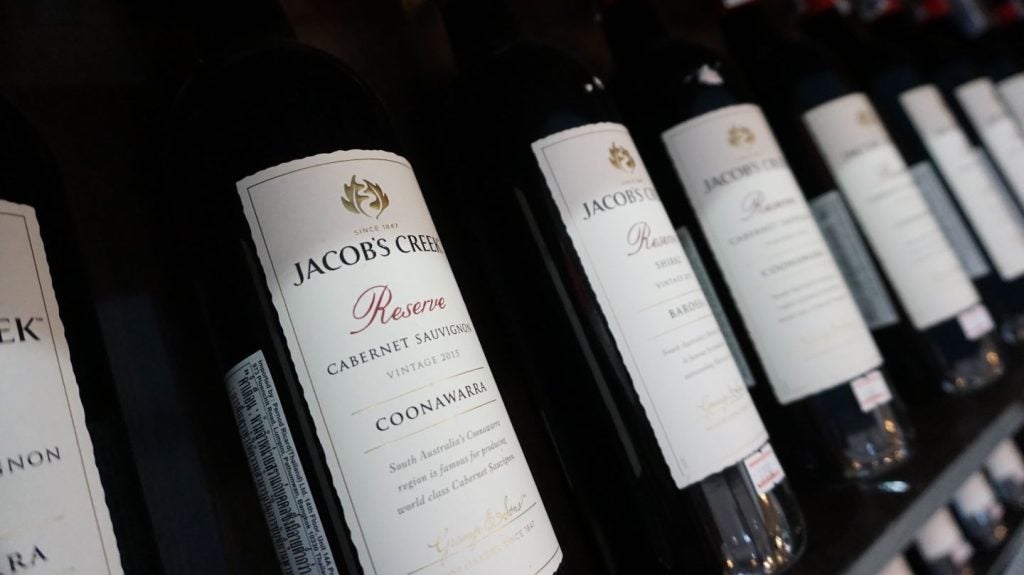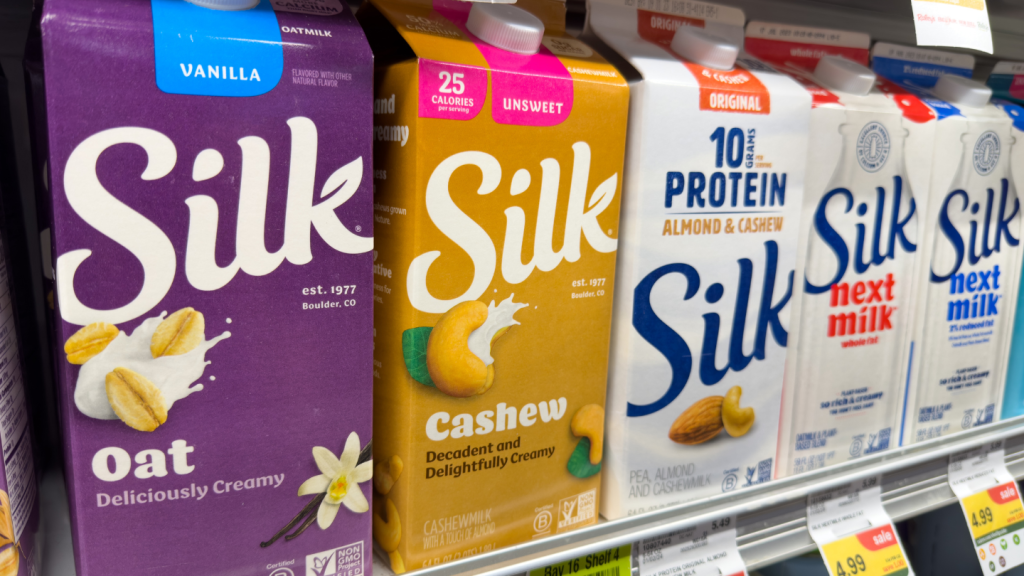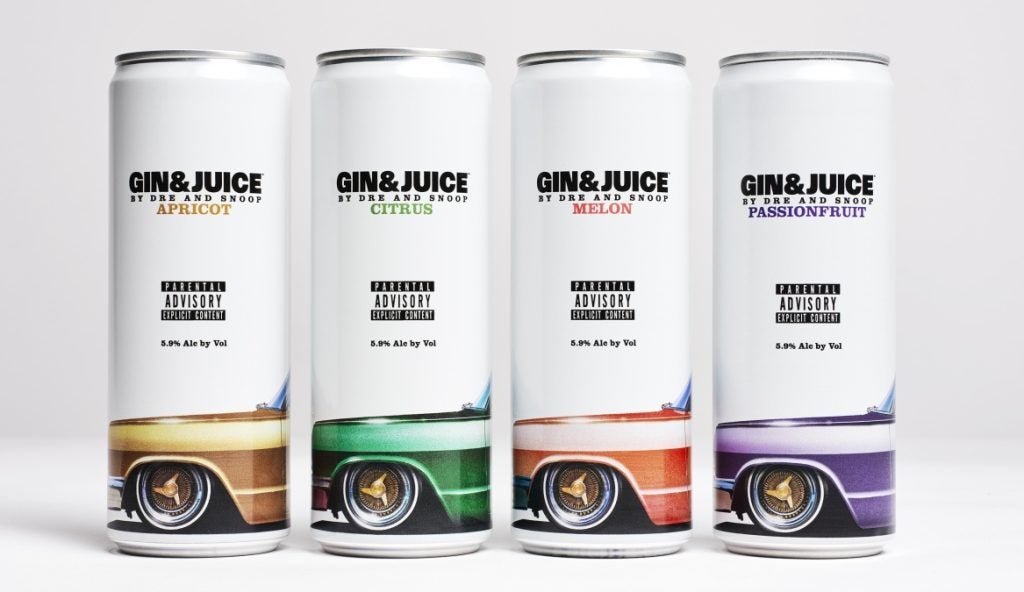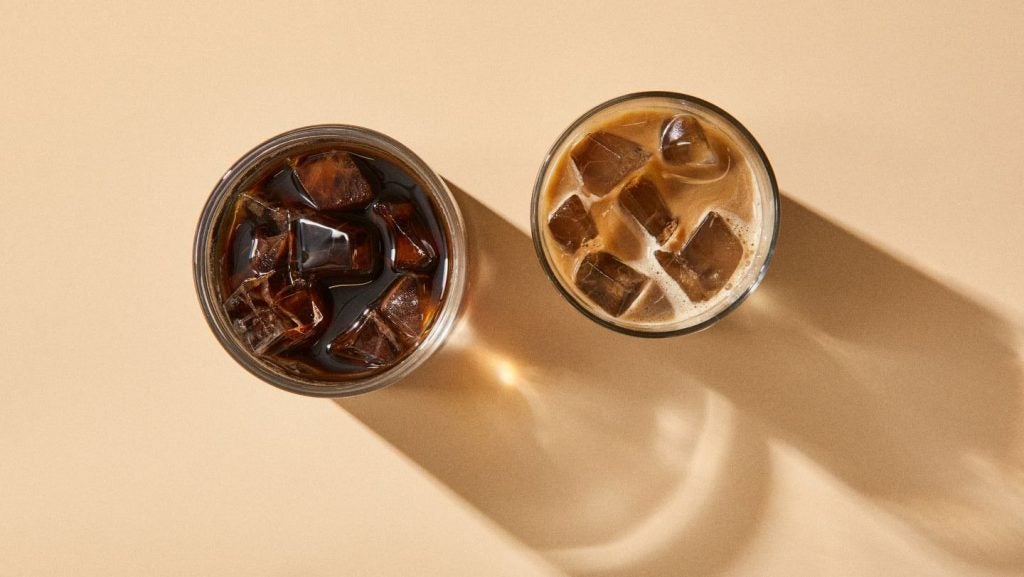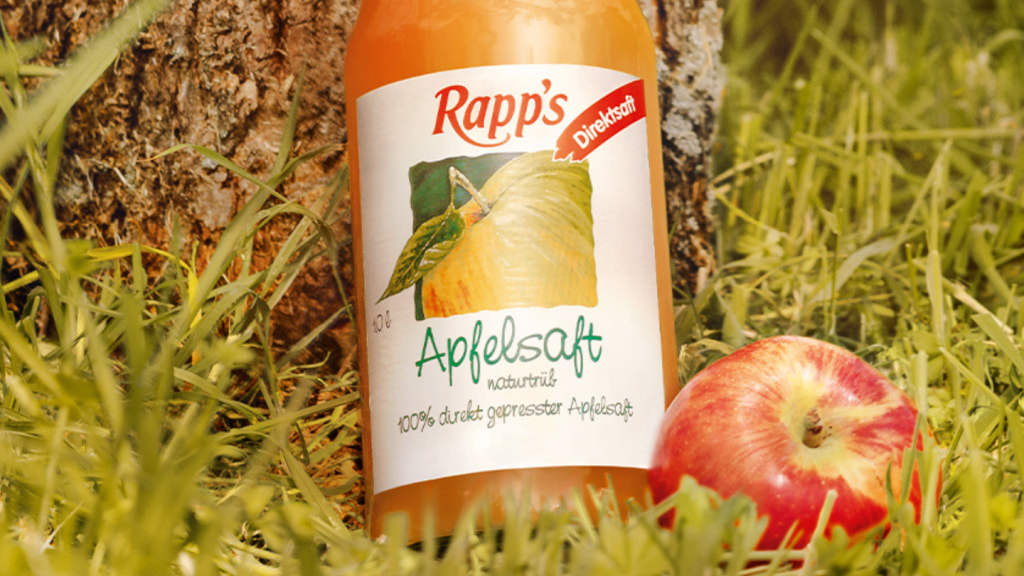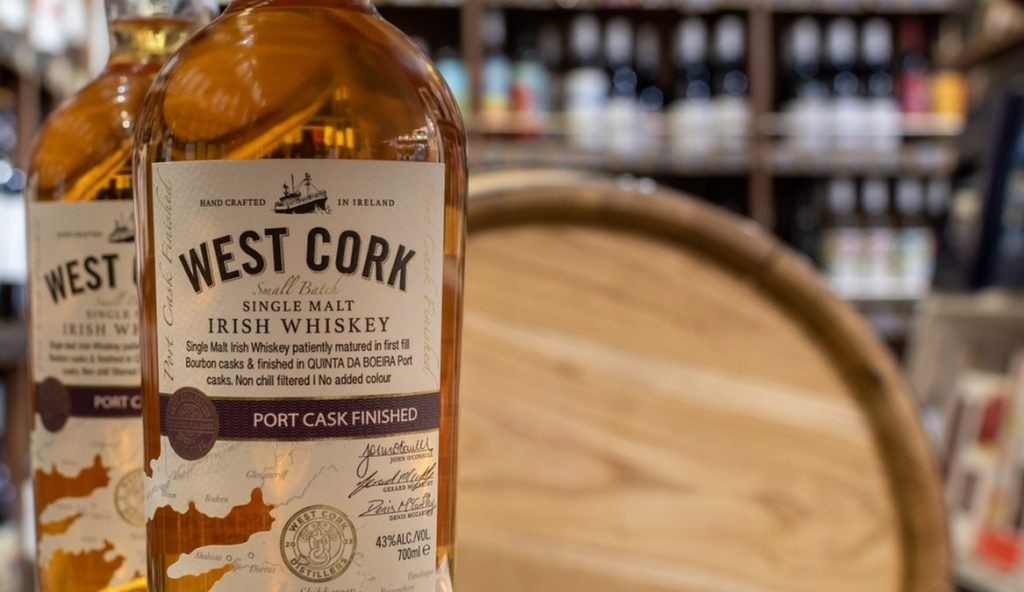There’s a rather fetching image on the ‘Brand Homes’ landing page of Pernod Ricard’s website, featuring the rippling roofline of the Santiago Calatrava-designed Bodegas Ysios winery in Rioja Alavesa, echoing the rugged peaks of the Sierra Cantabria mountain range in the background.
Some time next year, if not before, that image will be removed, once the deal to sell most of Pernod’s wine assets to Australian Wine Holdco Ltd (AWL) for an undisclosed sum is completed. This week’s announcement, it has to be said, is perhaps not the most surprising one in beverage alcohol M&A history, given the persistent speculation surrounding the future of Jacob’s Creek, Campo Viejo and the rest.
The arguments for disposing of 10m cases or so of Antipodean and Spanish wine interests have long been rehearsed: most obviously, slimmer margins (when compared to spirits or Champagne) and – in the currently depressing global wine marketplace – less than spectacular growth prospects.
As we noted earlier this year, the writing was on the wall when Pernod announced its first-half results for fiscal 2024. Organic wine revenues down by -11% – the worst performance of any division – accompanied by smaller price increases when compared to the rest of the company.
Selling less of something for barely any more money in an inflationary environment is not exactly a recipe for success, or happy shareholders.
We don’t know how much money Pernod will receive for these assets – a sum of about €670m ($732.5m) has been bandied about by Jefferies – but you can be pretty certain that, had it lined up a deal several years ago when disposal was first mooted, it would have got a heck of a lot more.
Leaving that to one side, consolidation in the Australian wine sector is a symptom of the systemic malaise currently gripping the industry: vineyards unharvested and ripped out, growers losing their livelihoods or seeing grape prices slashed – all against a background of declining consumption rates around the world.
China is the most obvious example of that depressing dynamic and the Australian wine companies targeting Beijing and Shanghai again now that the punitive tariffs have been withdrawn are facing up to a grim reality: the el dorado of the past has lost its lustre, leaving a market beset by fierce competition and an increasingly apathetic consumer base.
That’s a worrying context for everyone, but particularly for Australian Vintage. The McGuigan and Tempus Two brand owner is cast as the wallflower in the current corporate danceathon after Accolade walked away from merger talks in May. Now we know why.
Australian Vintage faces spiralling debts – as high as A$70m-75m ($47.1-50.5m) – and has embarked on a funding drive to raise nearly A$20m to “increase liquidity” and provide “financial flexibility”. The company has said that “sector consolidation is logical” and it is “ready to participate”. That’s all very well but – to string out the dancing metaphor – it takes two to tango.
While the travails of the wine industry are the obvious backdrop to the Pernod/Accolade deal, it also forms part of a broader, longer-term process of pruning unwanted and profit/growth-shy brands being undertaken by a number of beverage alcohol’s big hitters.
It’s as if the great period of post-millennium consolidation has evolved into an era of corporate refinement
In that context, selling the wine assets pursues the same logic as disposing of Clan Campbell or Becherovka. Nor is Pernod alone in this: on the same day that the Accolade deal was unveiled, Diageo announced it was selling Venezuelan rum brand Pampero to Italy’s Gruppo Montenegro.
That’s quite a fall from grace for Pampero, a brand once hailed as a saviour when it grew enormously in Spain following the end of the Scotch boom there in the 2000s. But it’s not alone – Diageo has shifted on Archers, Picon, various African beer assets and, earlier this month, fruit liqueur Safari. Pimm’s, if reports are to be believed, could soon follow.
It’s a process labelled as “decluttering” by Jefferies, and Pernod’s sale to Accolade is definitely part of that. It’s as if the great period of post-millennium consolidation – Seagram, Allied Domecq, Vin & Sprit, etc – has evolved into an era of corporate refinement; working out what’s needed in terms of bolt-on acquisitions and what’s not in terms of disposals.
Wine is always going to be an obvious candidate for the latter, because of what we said at the beginning: less profitability, lower growth. And any attempt to alter that by exchanging a volume-driven model for one predicated on value is beset with problems.
No problem when you develop or inherit a brand with a pre-existing value proposition, such as Pernod’s Champagnes, Mumm and Perrier-Jouët, its Provence rosé, Sainte Marguerite, or Kenwood in California.
But you can’t retrofit that model – or not easily, at any rate. The performances of the likes of Jacob’s Creek (7.9m cases) and Campo Viejo (3.4m cases) are focused on maintaining volume sales and market share, in a landscape that is both competitive and declining. That’s never going to be a recipe for great profitability or, probably, growth.
Calatrava’s design for Bodegas Ysios is undoubtedly breathtaking – it’s said to have inspired the sweeping grandeur of Macallan’s £140m ($181.8m) malt Scotch distillery on Speyside – but such aesthetic beauty can encounter practical problems.
In 2013, 12 years after Ysios was completed, legal action was launched against Calatrava to persuade him to contribute to a €2m repair bill. The reason? A leaky roof. Now there’s a sadly appropriate metaphor for the woes currently being faced by the global wine industry.


